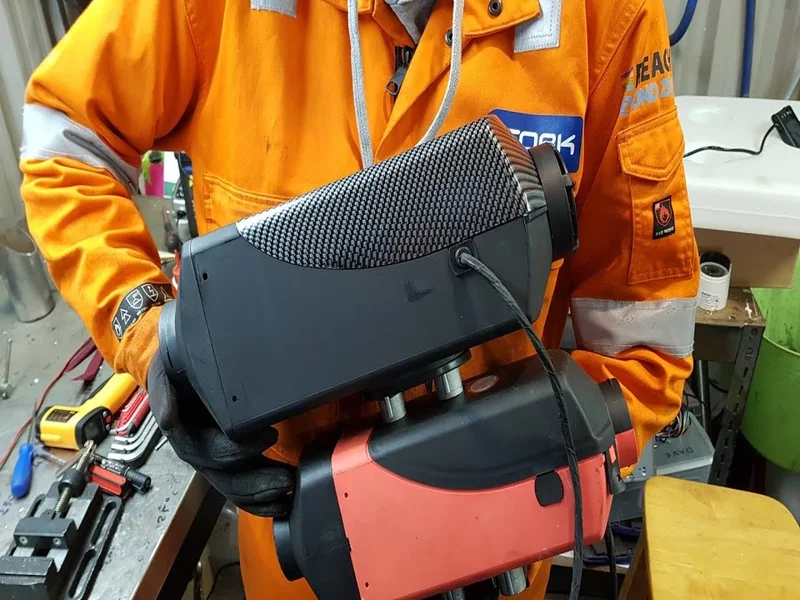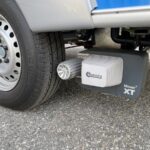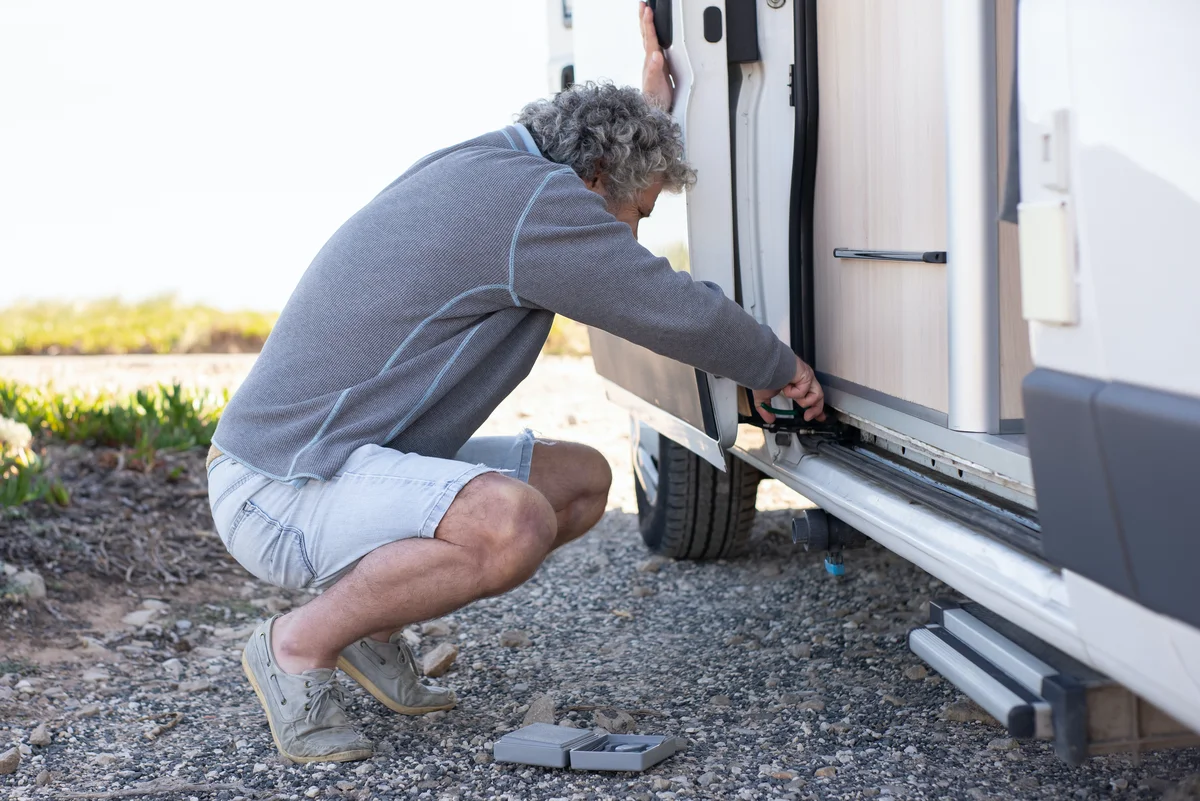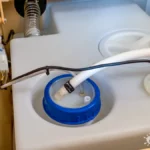Eberspacher is a big name when it comes to developing heaters for passenger cars, commercial vehicles, motor homes, and marine craft. Their diesel heaters are especially effective and very efficient, however, there’s often a great diel of complaint concerning how loud they can be.
Eberspacher heaters are known for being noisy and the primary culprit is the fuel pump. It’s not a noise that exceeds the level of decibels your ears can tolerate, but it’s normally described as highly irritating.
Of course, it’s a shame, since Eberspacher heaters are reliable heaters that have a lot of long-term viability. They will efficiently heat the space that you’re in, regardless of the vehicle. Fortunately, there are some things that you can do to minimize, if not eliminate, the noise levels.
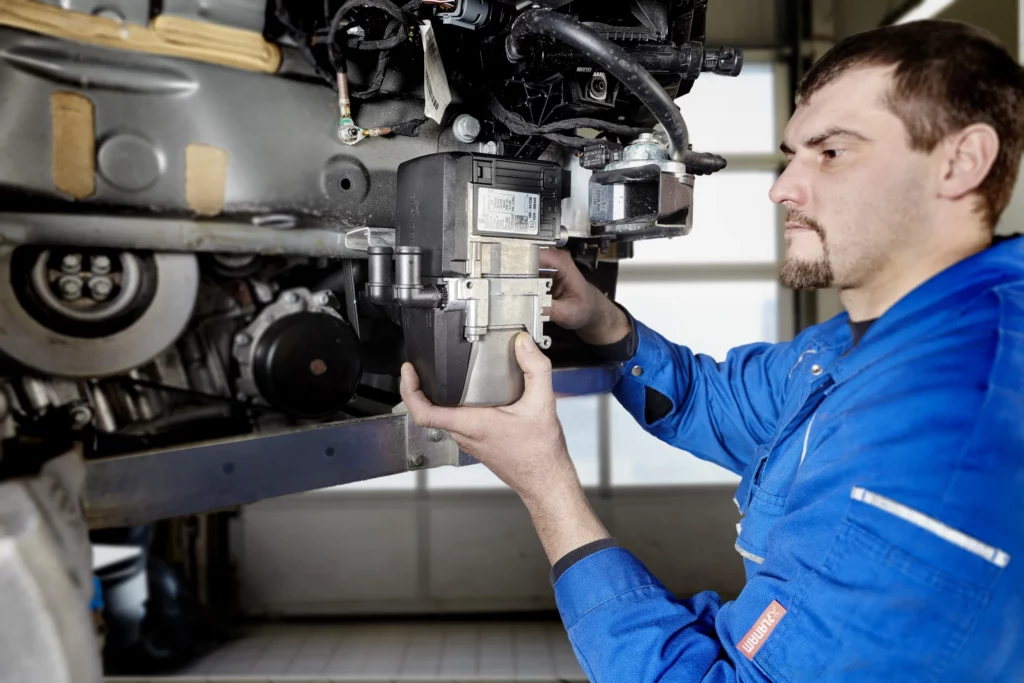
How To Reduce The Noise From An Eberspacher Heater
Irritating noises are worse than loud noises and that’s generally because even a loud noise has a monotone sound and can be overcome. Ticking, repetitive, and any other up and down noises are generally the worst, especially if you’re trying to sleep.
You do have some options, however, to make the noise minimal enough that it’s no longer tiresome and aggravating:
- Use a rubber stopper
- Insulation jackets
- Resituate the fuel line
- Use conduit
- Consider how your heater is mounted
Putting a rubber stopper between the fuel pump and the chassis helps deaden the aggravating ticking noise that emanates through the system as the fuel passes through it. Without the rubber stopper, the ticking sound easily reverberates throughout the chassis and into the cab/compartment.
You can also look up the exact type of fuel pump that’s on your particular Eberspacher heater and purchase an insulation jacket for it. The insulation jacket serves almost the exact same purpose as the rubber stopper but is more professionally done and long-lasting.
Wrapping foam—such as the foam from a pool spaghetti noodle—around the fuel line to serve the same purpose as the rubber stopper. The main idea is to separate the noise emanating objects from contacting the chassis and transferring the noise inside.
Conduit is another good option for encasing the fuel line. It also has the added benefit of protecting the fuel line from stray rocks and gravel when you’re traveling down the road, or off-road for that matter.
Lastly, consider how your heater is mounted and ensure that the fuel line and fuel pump are as far away from the chassis as humanly possible.

Is It Just Eberspacher Heaters?
It’s definitely not just Eberspacher heaters. In fact, a brief foray online will show you that most diesel heaters of this type suffer from the exact same noise issues. What it really boils down to, is the installation process and how you handle the fuel and exhaust lines.
- Install fuel lines properly
- Pay attention to exhaust as well
- Always install the fuel pump with an insulation jacket
- Install your fuel line with conduit
It’s not that you’re improperly installing the fuel lines as much as it comes down to what the fuel line is touching. Whenever you install an Eberspacher Heater—or even if you’re checking over an old one to locate the noise—locate the fuel lines and deal with them first.
If you are able to, move the fuel lines to a point that they are no longer touching the chassis. If you simply can’t do that, then you will need to completely remove them, insulate them properly and reinstall them.
Your exhaust can kick up quite a fuss as well, so it’s important to differentiate between the two when you’re inspecting the source of the noise. If the exhaust manifold is mashed up against the chassis, you’re going to get a great deal of noise transference.
If you’re installing a brand new one, purchase the extra, noise-dampening materials that you’ll need, including a conduit for the fuel line, an insulation jacket for the fuel pump, and any rubber stoppers you may need to place between the exhaust manifold and the chassis.
When installing, always make sure to keep the body of the heater as far away from the chassis as possible and do whatever you can to minimize vibration.
All Things Considered
Diesel fuel heaters are notoriously loud, so it’s not just an Eberspacher thing, not by any means. The best way to properly deal with it is to ensure that it’s installed properly and everything is properly insulated.
Eberspacher heaters are great at what they do and you can always rely on the heat they provide, whether it’s the air or heating your water supply. Follow the above guidelines and they’ll also be a whole lot quieter.

